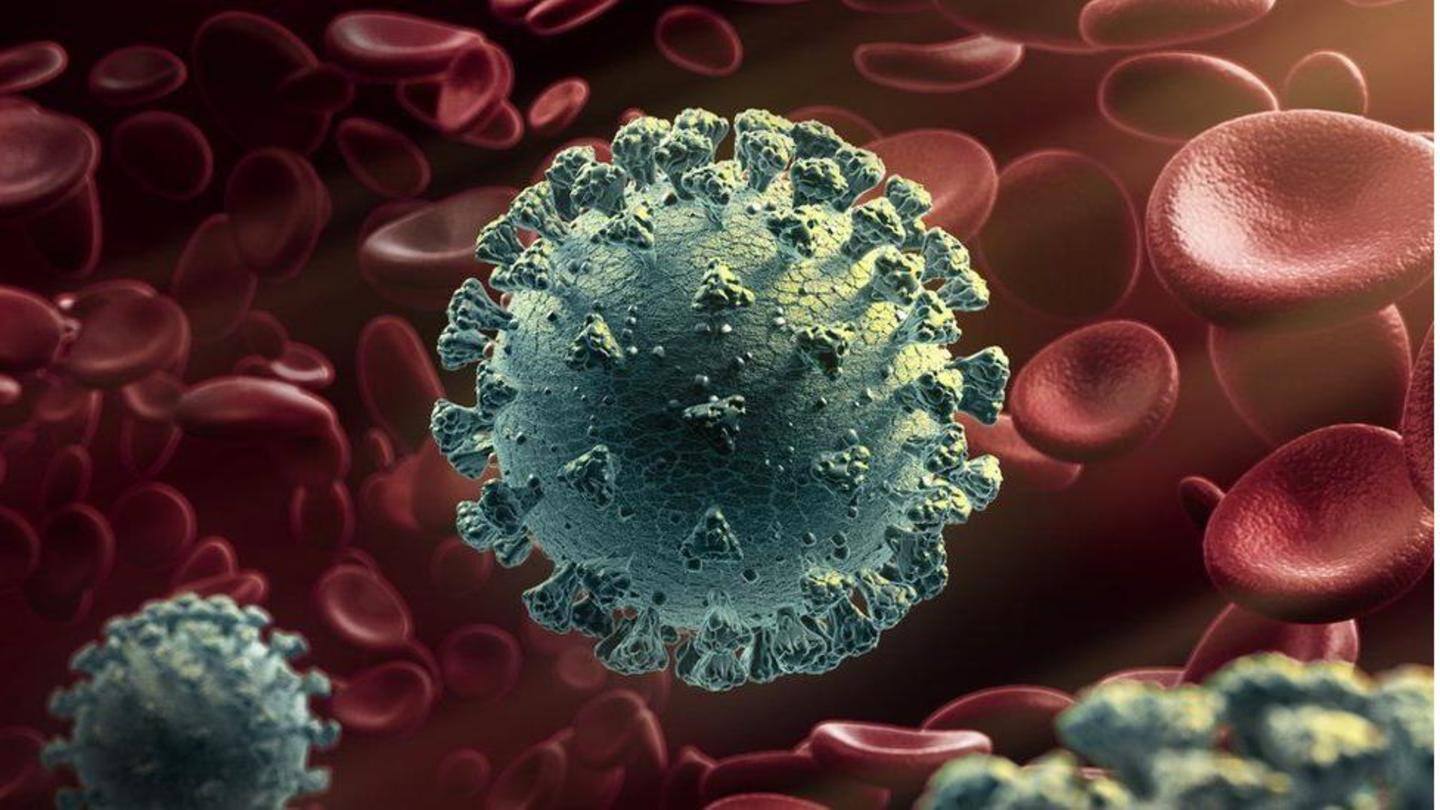
COVID-19: UK variant dominates north India, double mutant in west
What's the story
The UK strain of coronavirus is currently dominating parts of north India while double mutant could be found mostly in Maharashtra, Karnataka, and Gujarat, Sujeet Singh, Director of National Centre for Disease Control (NCDC), has said.
He, however, added that the B1.1.7 lineage of SARS CoV-2 (UK variant) is declining in proportion across the country in the last month and a half.
Genomes
Ten government laboratories conducting genome sequencing since December
Addressing a press briefing on Wednesday, Singh said the UK strain is dominating parts of north India including Punjab (482 samples) and Delhi (516), followed by Telangana (192), Maharashtra (83), and Karnataka (82).
He said 10 top government laboratories and institutions have been sequencing the genomes of coronavirus since December. A total of 18,053 samples have been sequenced so far, he added.
Current Status
Situation demands increased and stringent public health interventions
Singh said the information on genome sequencing has been shared with the states twice in February, four times in March, and again four times in April.
He said in the video-conferencing with states, the Health Ministry also informed about the current status of variants of concern and new mutants and stressed on increased and stringent public health interventions.
Double mutant
Double mutant is dominating Maharashtra, West Bengal, Delhi, and Gujarat
The double mutant variant, also known as B.1.617, is mostly dominating Maharashtra (761), West Bengal (124), Delhi (107), and Gujarat (102), Singh said.
The South African variant, also known as B.1.315, was predominantly found in Telangana and Delhi.
Brazilian variant (P1) was only found in Maharashtra in a negligible proportion, he said.
Surveillance
States/UTs to keep strict surveillance in districts reporting new variants
Singh said there is a frequent written communication on the variants by the Health Ministry and the NCDC to all states and UTs.
He said states/UTs are advised to keep strict surveillance in districts reporting new variants of concern where they can take up stringent public health measures including contact tracing, genome sequencing of positive samples of persons having a history of international travel.